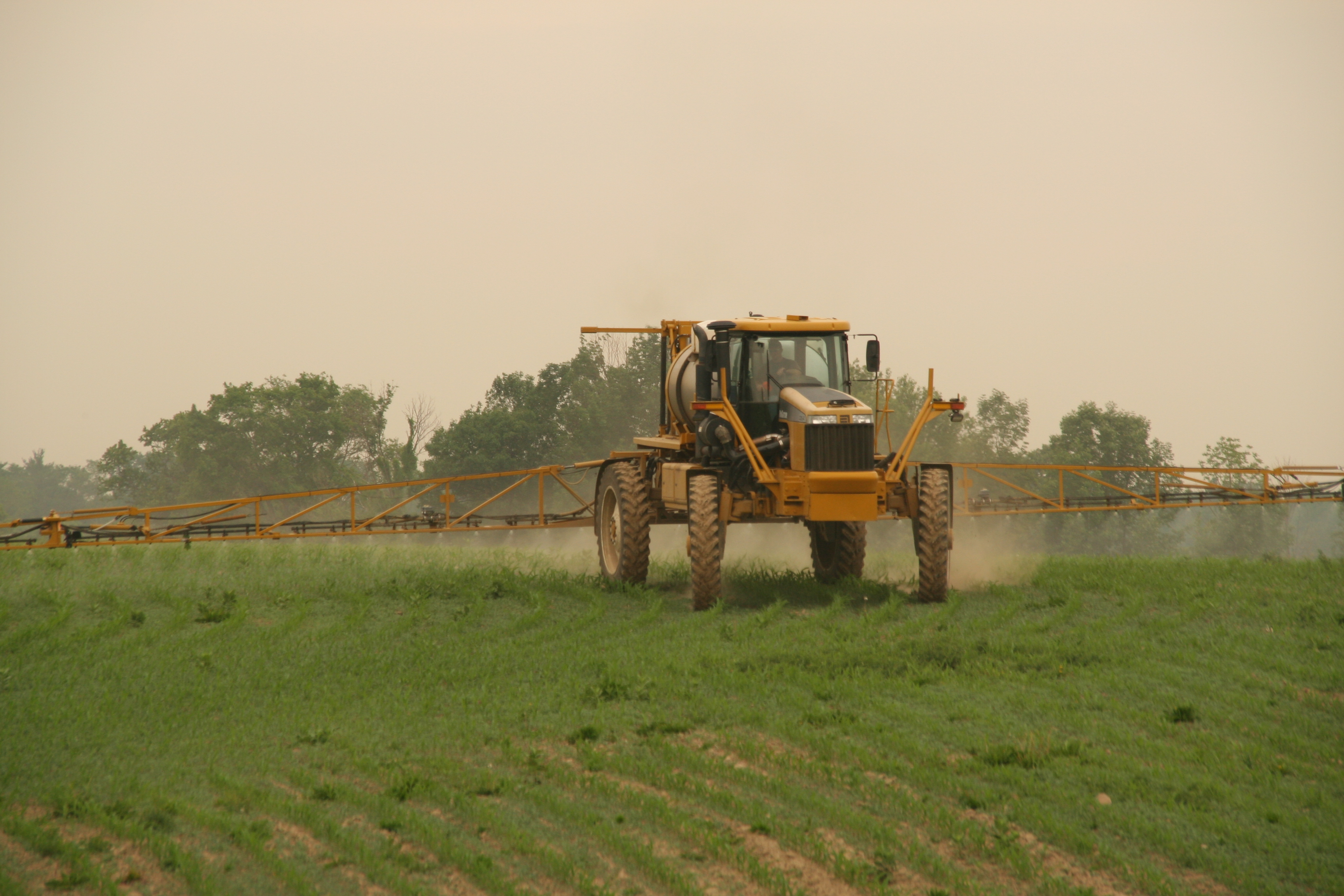
Monsanto and DuPont Announce New Weed Killer for GMO Crops
One of the biggest concerns about the cultivation of genetically modified crops is the rise of superweeds caused by the overuse of glyphosate, the main ingredient in Monsanto's best-selling Roundup and other pesticides.
So, in an effort to beat back these herbicide-defying weeds, Monsanto and DuPont have agreed to sell an even stronger weed killer to go with their genetically modified seeds.
July 9, 2016 | Source: EcoWatch | by Lorraine Chow
One of the biggest concerns about the cultivation of genetically modified crops is the rise of superweeds caused by the overuse of glyphosate, the main ingredient in Monsanto‘s best-selling Roundup and other pesticides.
So, in an effort to beat back these herbicide-defying weeds, Monsanto and DuPont have agreed to sell an even stronger weed killer to go with their genetically modified seeds.
The rival seed and agrichemical companies have signed a multi-year supply agreement for the weed killer dicamba in the U.S. and Canada, Reuters reported. The new product, DuPont FeXapan herbicide plus VaporGrip Technology, will go with Monsanto’s new Roundup Ready 2 Xtend soybeans which are genetically altered to resist dicamba and glyphosate.
It’s clear that Monsanto has high hopes for its latest project. According to Reuters, the company invested more than $1 billion in a dicamba production facility in Luling, Louisiana, to meet the demand it predicts. Xtend soybeans were planted on 1 million acres in the U.S. this year, but the company expects 15 million acres to be planted with the GMO soybeans next season and 55 million acres by 2019.
Monsanto’s bet on dicamba represents a step away from the company’s reliance on its “bread-and-butter glyphosate herbicide business,” Reuters noted last year. Glyphosate, the world’s most widely applied herbicide, has faced major controversy ever since the World Health Organization’s International Agency cancer research arm linked the compound to cancer last year. Glyphosate’s future in the Europe Union is also uncertain, as a number of countries have expressed fears over the safety of the product.
